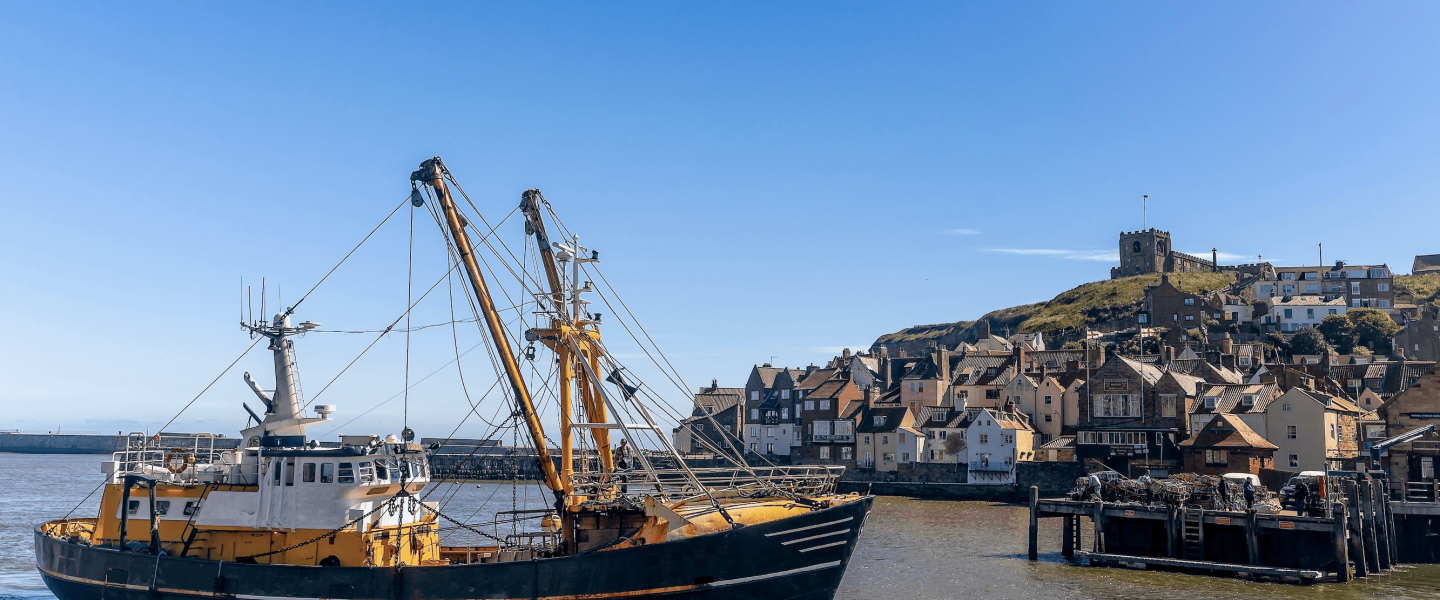In a further example of vital international engagement with Human Rights at Sea (HRAS), the Global Seafood Alliance (GSA) has issued a public statement outlining its commitment to the welfare of fishers.
This statement follows an open and positive meeting between the two organisations as HRAS develops Version 2.0 of the report.
International engagement
GSA is based in New Hampshire, USA, and its response comes days after Seafood Watch, based in California, issued its own statement of engagement with HRAS. Moreover, in June 2020, GSA took over ownership of the Responsible Fishing Vessel Standard from Seafish, a UK public sector organisation. Just days ago, Seafish itself met with HRAS to discuss their remaining certification scheme, the UK-focused Responsible Fishing Port Scheme. These important discussions are ongoing.
HRAS believes that human rights apply at sea as they do on land. And this is the case wherever vessels operate, whether on the High Seas, in territorial waters, or in Exclusive Economic Zones. Therefore, HRAS is committed to international engagement with scheme owners wherever they are based, to drive forward best practice in the global fishing fleet.
Continual improvement of rights protections
GSA's statement outlines its collaboration with a range of stakeholders, including from civil society. Whilst welcoming GSA's engagement and existing rights protections, HRAS is most pleased by GSA's commitment to a 'rigorous, transparent, and interactive development and improvement process' for its Best Aquaculture Practices.
GSA's Responsible Fishing Vessel Scheme received the highest rating in the report. Given the immense scale of rights abuses in the global fishing fleet, including deaths, sexual harassment, and unsafe crew accommodation, no scheme owner can afford to rest on their laurels. GSA's commitment to further developing its certification schemes is therefore vitally important.
GSA's statement:
17 July 2023
Global Seafood Alliance (GSA) advances responsible seafood practices worldwide through education, advocacy, and third-party assurances. GSA convenes seafood industry leaders, academia, and NGOs to collaborate on cross-cutting issues such as environmental and social responsibility, animal health and welfare, and food safety.
GSA standards include indicators relating to social responsibility which are underpinned by international standards, including the International Labor Organization's five fundamental principles and rights at work. Our standards are developed and updated through transparent and inclusive processes that include a Technical Committee and Standards Oversight Committee composed of industry, civil society, and academic stakeholders. Additionally, we take into account all input received during a 60-day public comment period.
We seek to understand and advance efforts to operationalize social responsibility efforts in line with best practices. For example, GSA recently completed an action research project engaging more than 150 stakeholders, including industry, trade unions, international organizations, and civil society in over 30 countries to understand effective worker voice and grievance mechanisms on certified fishing vessels. This work is now in the public domain, and we are following up on the recommendations.
We are pleased that Human Rights at Sea recognized GSA's leadership in providing social assurances in wild capture fisheries through our Responsible Fishing Vessel Standard and at the plant level through our Seafood Processing Standard, the only unique seafood processing plant standard available worldwide. Promoting responsible practices in aquaculture has been at the core of GSA's mission since its founding and social responsibility remains a key pillar of this assurance. Best Aquaculture Practices (BAP) standards strive to incorporate international best practice for worker welfare and social responsibility, and will continue to do so through a rigorous, transparent, and interactive development and improvement process.
As we continue to contribute to advancing human rights, we welcome collaboration with organizations working to concretely improve workers lives and provide decent work in seafood production. For more information about Global Seafood Alliance, please visit: https://www.globalseafood.org/.
HRAS Comment
HRAS will continue to pursue open and fair engagement with scheme owners, in pursuit of this urgent and transformative mission.
Contact: If you have any questions, please write to us at enquiries@humanrightsatsea.org
About Sharing. We welcome the use and dissemination of our work with proper accreditation. Please ensure that our Terms of Use are conformed with at all times.
